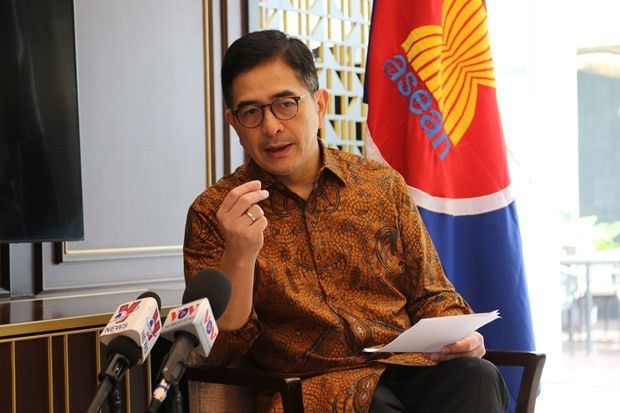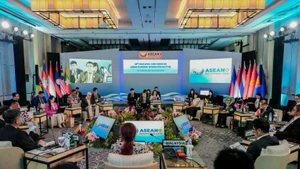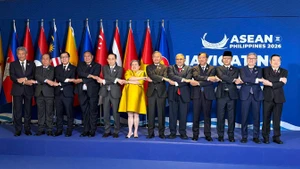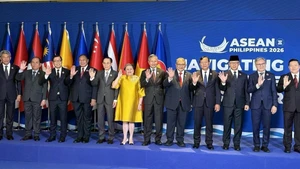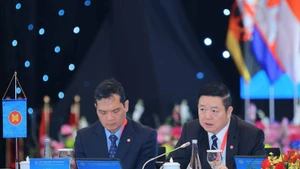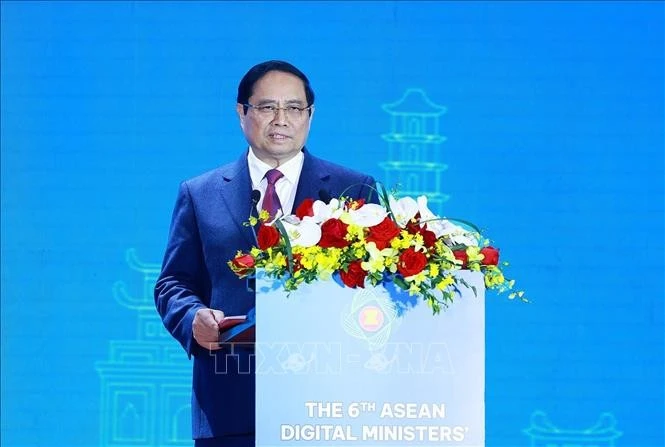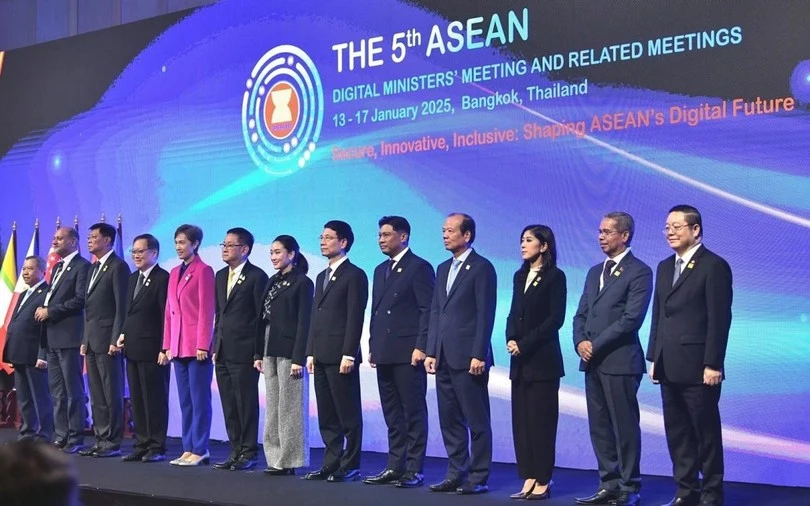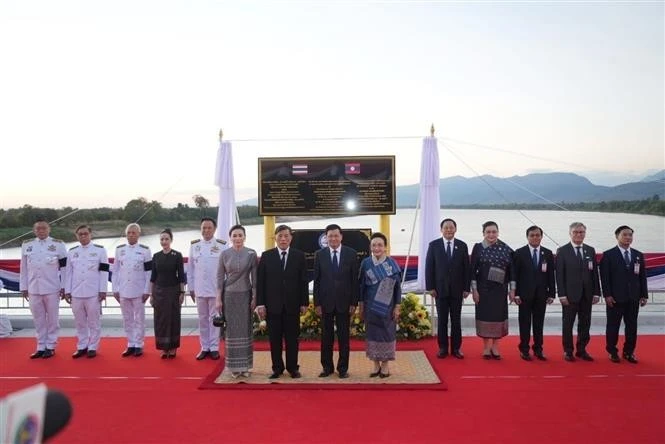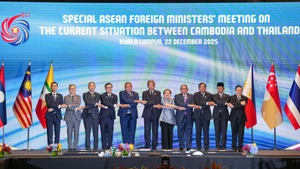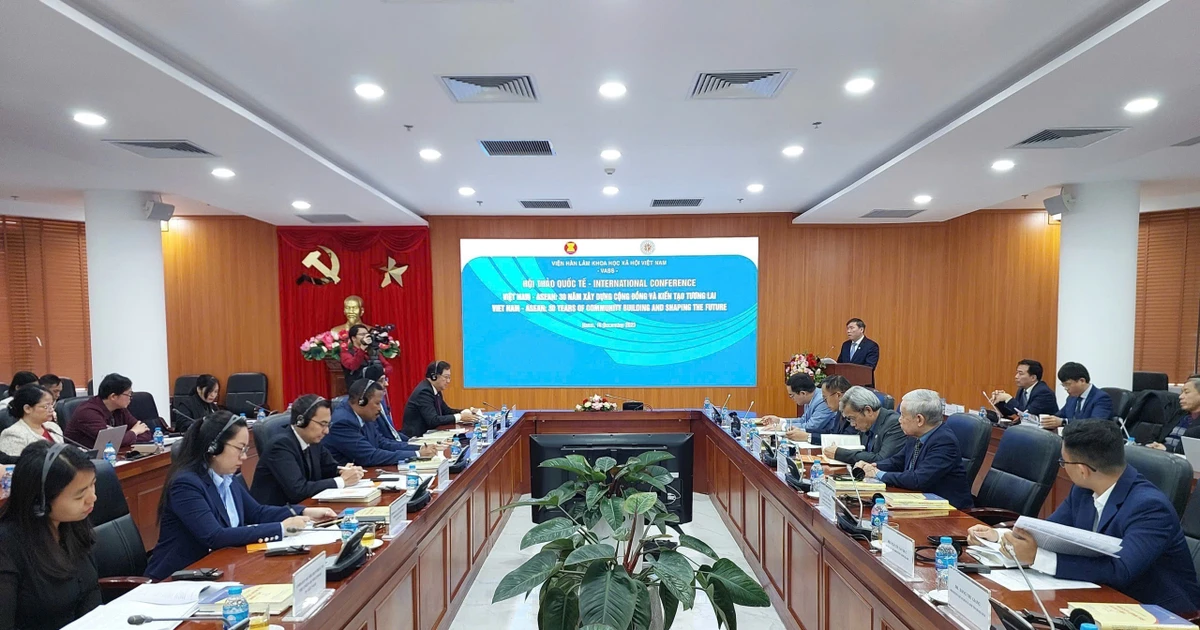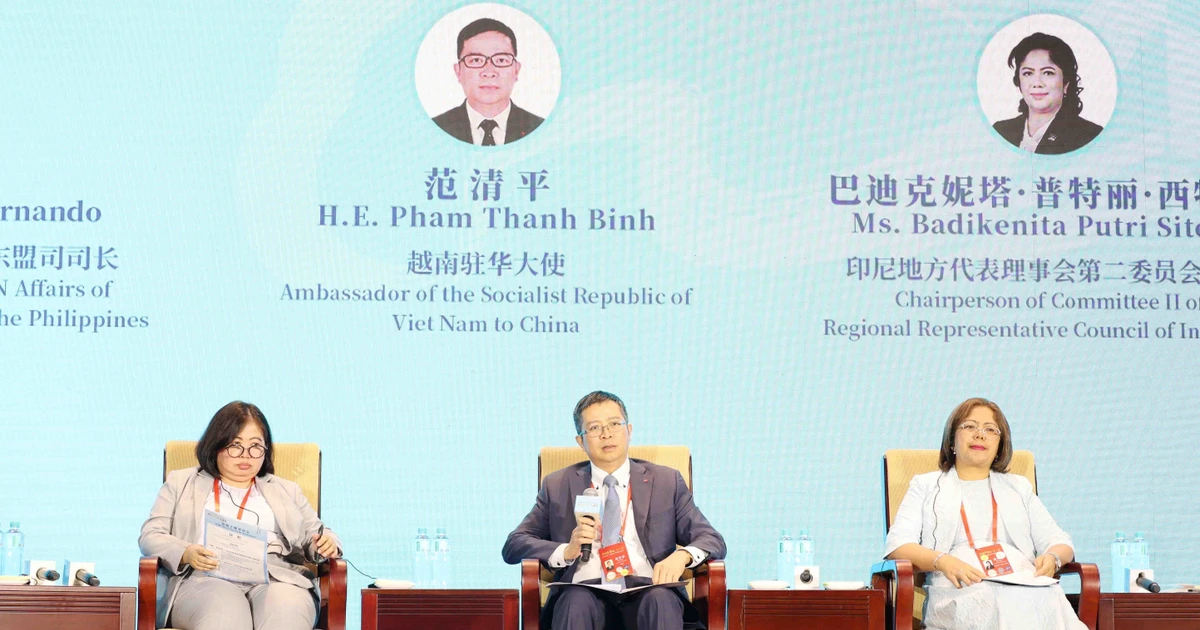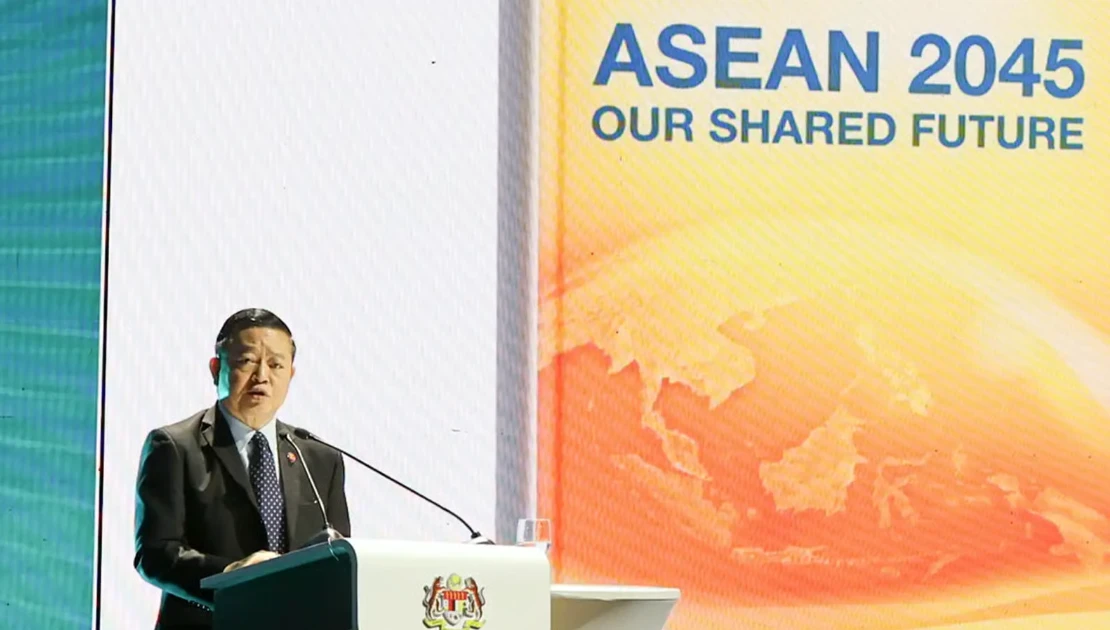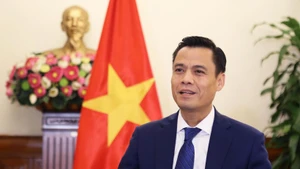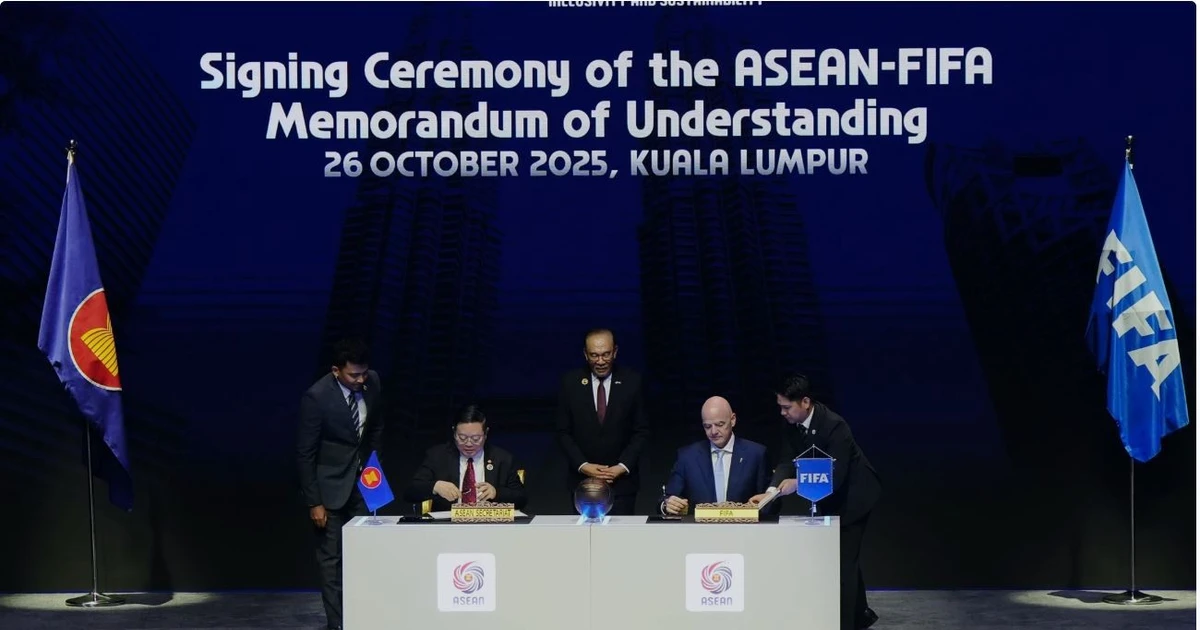China’s economic recession definitely impacts the Southeast Asian region, which has strong trade ties with the world’s second largest economy, he said.
"What is important to see is that we are now looking at other nontraditional markets," Rasjid told Nikkei Assia, adding, "We've talked about Africa."
With a population of over 1 billion, Africa is seen as filled with potential future markets by companies from the rest of the world.
In late August, Indonesian President Joko Widodo made his first trip to Africa as leader of Southeast Asia's biggest economy. His tour to Kenya, Tanzania, Mozambique and South Africa marked a turn in Indonesia's economic diplomacy as it searches for new export markets for pharmaceutical products and commodities such as palm oil.
Rasjid, who is also chair of the Indonesian Chamber of Commerce and Industry and president director of Indonesia's Indika Energy, said ASEAN countries are now assessing where demand exists, adding the bloc should also invest in infrastructure in Africa to promote efficient trade between the two regions.
Some Southeast Asian companies already have a presence in the continent.
Among them is Indofood, a unit of Indonesian conglomerate Salim Group. Its flagship instant noodle brand, Indomie, is widely distributed in countries like Kenya, Tanzania and Uganda. Meanwhile, Thailand's Mega Lifesciences has invested in 10 African countries to offer herbal nutrition supplements and medications, he added.
